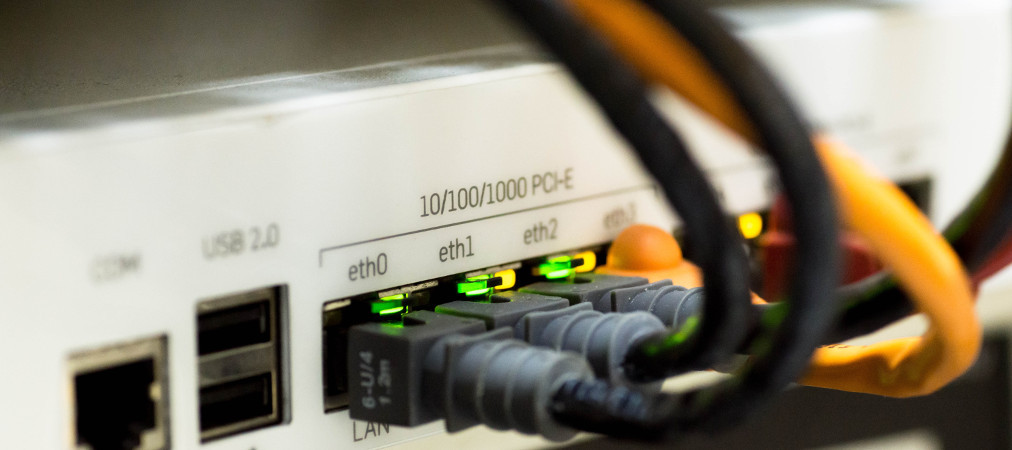Enabling IPv6 Privacy Extensions on Fedora 18

When using IPv6 on client computers (i.e not servers) it is common to use automatic address configuration (know as SLAAC). This means you do not have to statically assign every device with an IP address.
Unfortunately the default way that many IPv6 stacks operate is to use your network card's MAC address as the basis of your global IPv6 address. This has the (sometimes) undesirable effect of giving your machine an automatically configured static IPv6 address.
This can be a privacy issue, as all IPv6 compatible sites you visit will be able to use your IPv6 address as a type of unique identifier (a bit like a cookie) to identify you as a visitor across their site, and potentially any other sites they operate.
There is mode that can be enabled on Fedora 18 to use a random IPv6 address to avoid this issue, which is known as RFC3041.
To enable this on your network card in Fedora 18, modify the following file:
/etc/sysconfig/network-scripts/ifcfg-p1p1
Add the line:
IPV6_PRIVACY=rfc3041
Then disable your network interface and re-enable. You can test whether your IPv6 address is random by visiting ipv6.nl.
